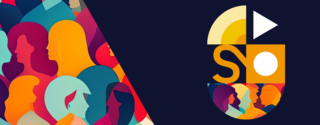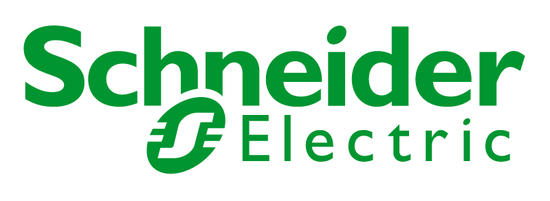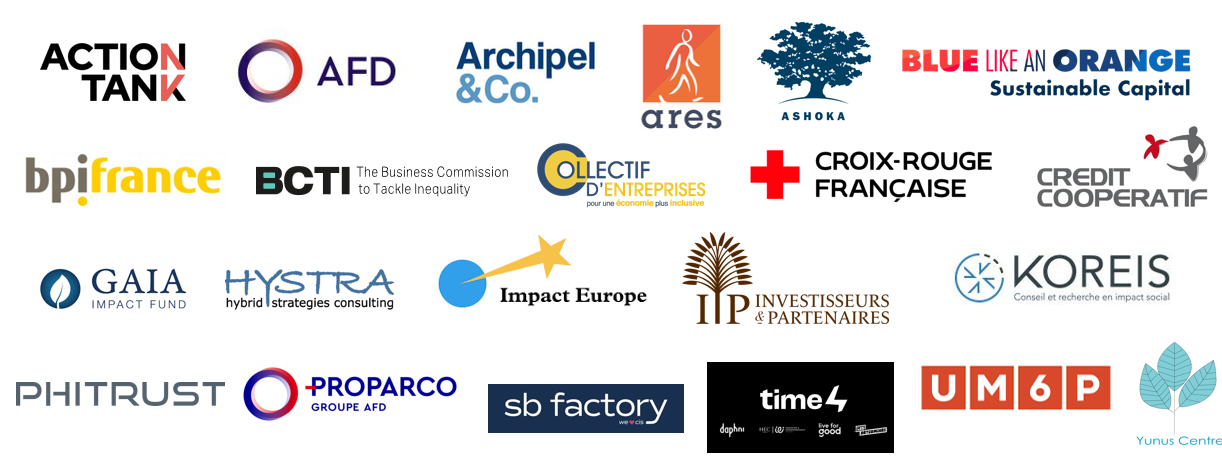Act for Impact
Building a more inclusive economy
Our mission: We engage in regular dialogue with business leaders, investors, board members, public institutions, and civil society organizations – to implement strategies for a more inclusive economy.
We foster exchange and collaboration between students and faculty at HEC Paris, top academics in the field internationally, and our practitioner partners

For more than a fifteen years, at HEC, we have firmly believed that only the co-creation of new economic models by stakeholders from civil society, the public sector and companies can help to provide real answers to the major problems we currently face, such as growing inequality and extreme poverty.
The academic world also has its role to play in this co-creation process. In our work, we strive to spark exploration into these new models.
At HEC, we want to play our role in this through research and training, and by assisting with exploring and rolling out these new models. In order to do this, we link our researchers and our students with stakeholders involved in this transformation, all while providing stakeholders with conceptual and methodical guides and supporting them during the creative processes.
Our Partners
Our major corporate sponsor

and numerous others such as: Action Tank, AFD, Archipel&Co, ARES, Ashoka, Blue Like an Orange, BPI France, Business Commission to Tackle Inequality (BCTI), le Collectif d'entreprises pour une économie plus inclusive, Croix Rouge française, Crédit Coopératif, Gaïa Impact Fund, Hystra, Impact Europe, Investisseurs & Partenaires (IETP), Koréis, Phitrust, Proparco, SB Factory, Time4-Daphni, l'Université Mohammed VI (UMP6), and Paris Yunus Centre.
Focus on two historical partners
Voices of our partners
We allow organization to manage impact as a core dimension of their performance.
HEC Alumnus and holding a Ph.D on the subject of social impact assessment (SIA), Adrien has been supporting social enterprises, foundations and impact investors in...

Alumnus 2013
The responsibility towards the most vulnerable is collective.
Alice started her career in the civil engineering sector, managing teams on site on water and infrastructure projects. As an engineer, she worked in multiple countries from Jamaica to...

Doing good for others can be the basis to aggregate customers, donors, investors--to produce profits. Covid-19 is a segue to accelerate this trend.
Patricia H. Thornton is Grand Challenge Faculty and Professor of Sociology and Entrepreneurship...


